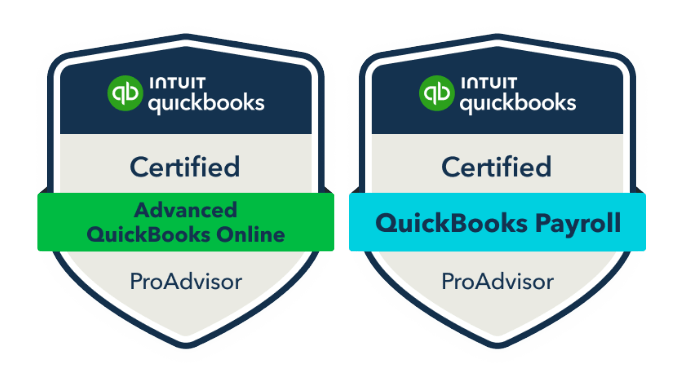As we turn the page on another year, it’s time to tackle a crucial task for your business: closing your books. For many small business owners, this can feel overwhelming, but with a clear plan and a bit of organization, you can wrap up your financials smoothly and confidently. Let’s walk through a step-by-step checklist to help you close your books and prepare for the year ahead.
Why Closing Your Books Matters
Closing your books isn’t just about ticking off a box—it’s about ensuring your financial records are accurate, complete, and ready for tax season. Plus, it gives you a clear picture of your business’s performance, helping you make informed decisions for the future.
Step 1: Categorize Expenses
- Review all transactions and assign them to the appropriate categories.
- This step is essential for identifying deductible expenses and ensuring tax compliance.
- Tip: If you’re unsure about certain expenses, consult with your bookkeeper or tax advisor.
Step 2: Reconcile All Accounts
- Match your bookkeeping records with your bank and credit card statements to ensure everything aligns.
- Look for missing transactions, duplicate entries, or errors.
- Tip: Use bookkeeping software like QuickBooks to automate much of this process.
Step 3: Review Your Profit and Loss Statement
- Look at your revenue, expenses, and profit for the year.
- Compare this year’s performance to last year’s to identify trends and areas for improvement.
Step 4: Write Off Bad Debts
- If you have clients who haven’t paid invoices and likely won’t, write off those bad debts before the end of the year to reduce your taxable income.
Step 5: Prepare for Tax Season
- Gather all necessary tax documents, including receipts, invoices, and financial reports.
- Work with your bookkeeper to ensure everything is organized for your tax preparer.
Final Thoughts
Closing your books is an essential part of running a successful business. By following this checklist, you’ll head into the new year with confidence and clarity. Need help wrapping things up? Let’s work together to make the process stress-free.






0 Comments